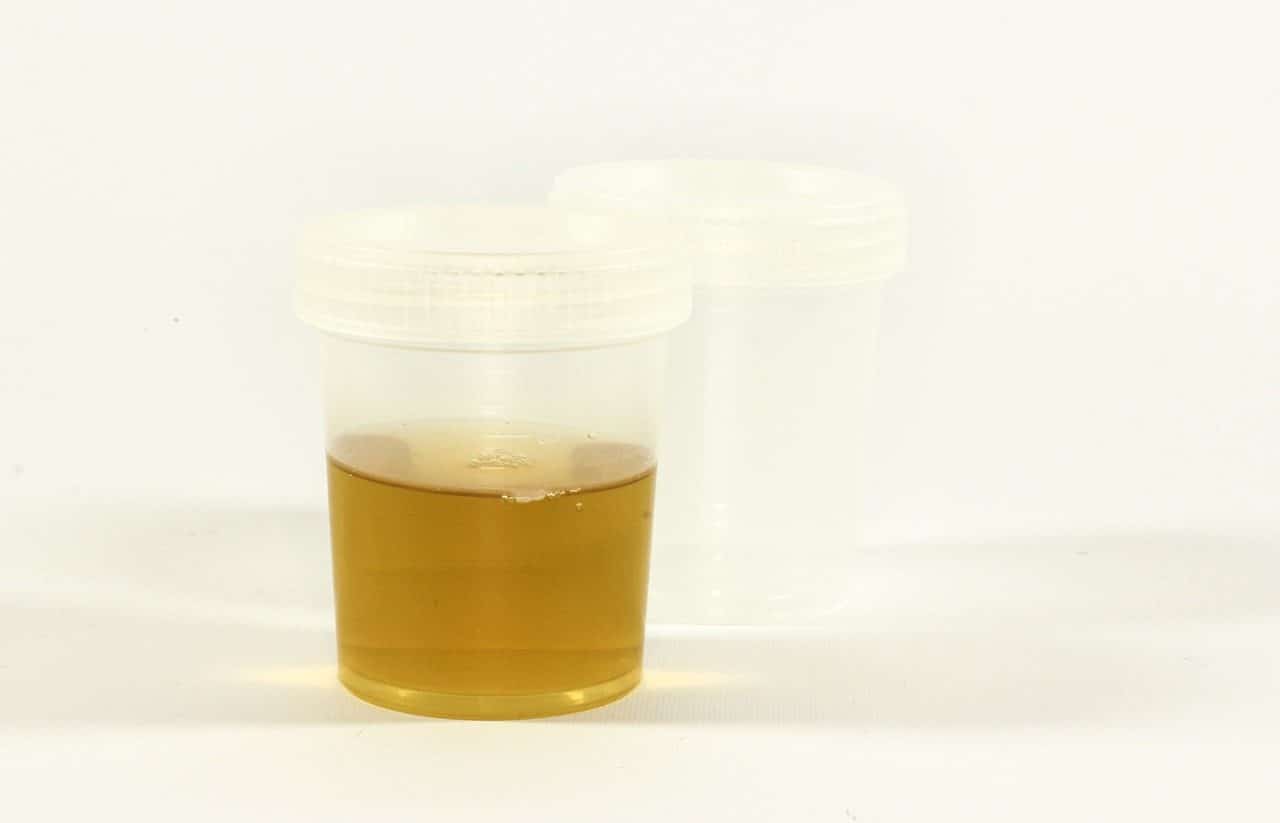
A high level of uric acid may be associated with obesity.
Uric acid is an organic compound that is made up of oxygen , nitrogen , hydrogen and carbon . In the case of humans , uric acid is produced when the purines present in various foods are broken down and nitrogen is metabolized . This acid, which is a waste product of this process, can be found in urine.
Species that expel uric acid as waste are called uricotelic . There are animals that excrete it with their feces: therefore, guano (excrement of bats and other animals) can be used as fertilizer , since it contains a high level of nitrogen in its uric acid .
Uric acid concentration in the blood
In the case of people, there is a concentration of uric acid in the blood that is considered normal. The generally accepted limit is 7.2 milligrams per deciliter for men and 6 milligrams per deciliter for women. Depending on the type of diet, these levels may vary.
The excessive level of uric acid in the blood is known as hyperuricemia . When the concentration is saturated, nephrolithiasis (also referred to as urolithiasis ) can occur: the formation of kidney stones due to the crystallization of uric acid.
In some cases, the increase in the amount of uric acid in the blood is linked to gout , a disease that is a type of arthritis caused by urate crystals (a derivative of uric acid) that accumulate in different areas of the body.
Excess physical activity, alcohol consumption, hypothyroidism, psoriasis and leukemia are other possible reasons for hyperuricemia.
At a general level, it can be said that the increase in uric acid in the bloodstream causes an increased risk of contracting different conditions , whether linked to the joints, kidneys or other parts of the body.
On the other hand, a uric acid level that is below the threshold of what is considered normal may be due to the human immunodeficiency virus (HIV), certain medications or a congenital metabolic disease, for example.

The measurement of uric acid in urine allows the diagnosis of various diseases.
The importance of a balanced diet
Although there are medications developed specifically to regulate the level of uric acid in our body, the best advice to avoid all the disorders associated with this organic compound is to eat a balanced diet . Let's look at some of the most suitable foods to reduce or control the level of uric acid.
Artichokes (also called artichokes ) are favorites for reducing uric acid, and this is because they are natural diuretics. Eating this vegetable regularly helps us eliminate toxins and, therefore, avoid fluid retention in the body.
We must also not forget that artichokes offer us vitamins, antioxidants and minerals , in addition to being rich in proteins, fatty acids and fibers. Simply boil them to obtain a broth , which we can drink, and soften them enough to enjoy them with oil and vinegar.
Another of the most effective foods to regulate the level of uric acid is onion . It is known that since ancient times it has been used to cure various diseases , and the fact that it is among the most common and economical products makes it even more convenient.
Onion offers tangible results against excess uric acid in the blood, and also helps reduce triglycerides . In addition to the endless number of dishes in which we can include it, such as a simple salad, there is a highly recommended drink, which is prepared by boiling two medium-sized onions halved and then mixing the broth with the juice of half a lemon.
On the other hand, we have pumpkin , a vegetable with diuretic properties, ideal for eliminating excess uric acid through urine. In fact, it serves to cleanse the body in general. Just like onion, pumpkin is very versatile, since it can be consumed in many different ways; So much so, that it is possible to crush its seeds, previously dehydrated, and use them as a complement to salads or hot dishes, such as pasta or pizza.
Carrots cannot be missing from this list, another of the most common and most beneficial vegetables. Thanks to their alkalizing action, they help us eliminate the crystals that accumulate in the joints. Needless to mention the variety of ways in which it can be consumed, among which salads stand out (for which we can cut it into slices or grate it) and juice.

The deposition of uric acid crystals in the tissues generates gouty tophi.
Foods that increase uric acid level
Just as there are foods that help keep the level of uric acid in the blood under control, others contribute to its growth. These are those that have a high purine content.
Among the foods rich in purines are red meats , especially organ meats such as liver and gizzards. Shellfish such as prawns and shrimp also encourage an increase in uric acid concentration.
The same effect is produced by beer and other alcoholic beverages, as well as peas and beans .
